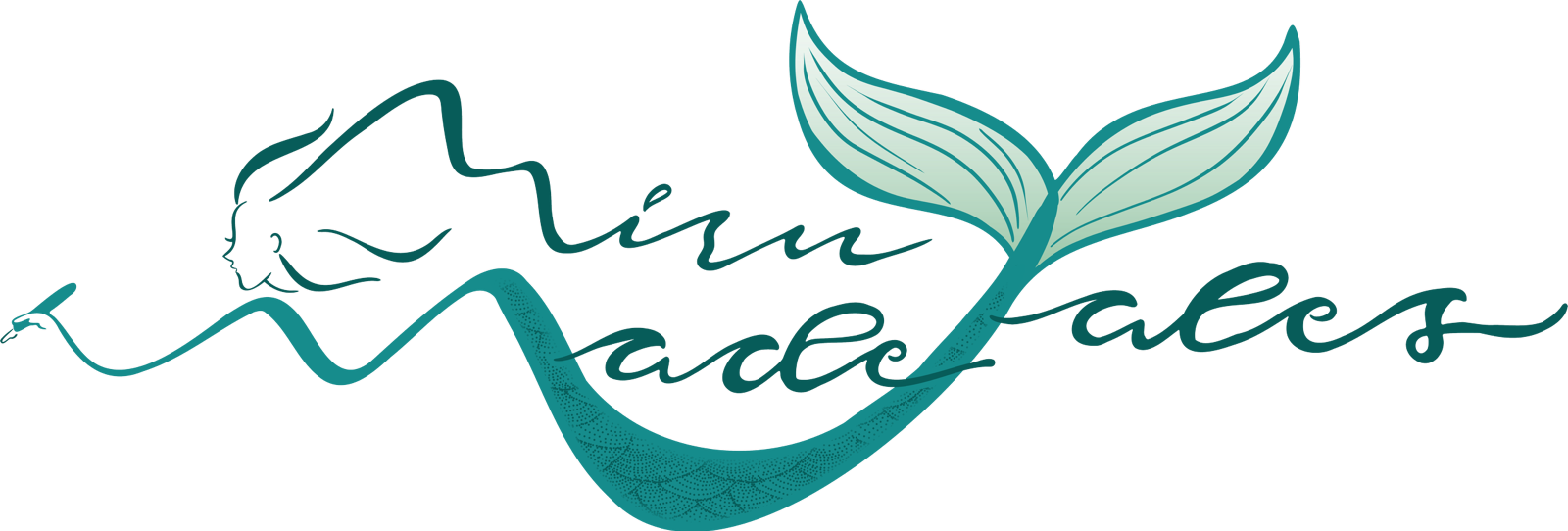A new Perspective on Old Age
In last week’s news it was discovered that people do not age gradually. There is a big jump at 44 and another at age 60. So I guess that in anticipation of this “big” event on Thursday, the next number is over rated and I have been on the downhill slide for 5 years! Who knew?!
Actually, I think the idea of disequilibration, a stage of development promoted by Piaget, is true for all of life and not just for child psychology during the first 5 years of life. Disequilibrium is a state of imbalance that occurs when new information contradicts or differs from existing knowledge or schemas. It can also be described as a mismatch between an individual’s way of thinking and their environment. Equilibration motivates. People naturally seek it because disequilibrium is dissatisfying.
For me that means all the times I have felt “off balance” are legitimate as I make sense of new information and assimilate it into my reality. Learning how to manage life as a single person after 30 years of marriage was very disequilibrating. Living life as an empty nester was also disequilibrating. Learning how to find one’s equilibrium happens throughout all the stages of life. That is what milestones are for, especially for teenagers whose hormones force lack of balance and roller coaster emotions as David Elkind shared in his classic works. For adults, it seems to include both physical and emotional life stages. Perhaps there similar milestones in faith development as well. I think that part of the next stage will be how to regain balance after my education and career (which already have been dismissed for the most part) are over, and life in retirement begins. As the physical challenges that come with age increase, as the income is fixed and the cultural disposition toward mature people diminishes, as the privilege dies off and new stresses grow there will be plenty of things to rightsize and establish equilibrium.
Resilience is a characteristic entwined with the experience of disequilibrium. Just as in child development resilience arises—or does not—through the vicissitudes of life as well. The whole of human life is full of repeated experiences of stability and disequilibrium. From the patterns of stability and disequilibrium come the emergence of new abilities and worldviews. One additional outcome of repeated disequilibrium is resilience. Perhaps this is why happiness grows with age and perspective. Perhaps much of the suffering and negative affect people experience through adulthood can be reframed to developmental transition—to disequilibrium—and the vulnerability and challenges that go with it.
Confronting life’s struggles can be stressful to both mind and body. Resilience is defined as the ability to bounce back after a stressful encounter or adversity in life. Resilience gives one the ability to learn and grow from the stress and difficulties a person faces at all stages of life and gaining resilience is increasingly being considered as a pillar of successful aging as there is widening gap between lifespan and healthspan. That makes resilience even more important and you only need a small amount to bounce back!
The bottom line is that according to current science aging affects everyone and death is inevitable. Duh. Additionally, old age is frequently defined as 60 or 65 years of age or older. The Bible portrays old age as a natural part of life that is accompanied by wisdom and experience, and is often considered a blessing from God. Knowing how to equilibrate and how people gain their balance and composure is even more important in light of such news! Gaining resilience is a sign of equilibrium. Surveys show that aging and happiness are connected. Believe it or not, more people are very happy in their 60’s than those who are under 35! I would guess that is because life has taught older folks how to savor the good times, how to count blessings as well as gaining perspective that the bad times will pass. Maybe it because the sense of entitlement has gone away!
For me, as I hit this “magic number”, I would say the things I have “learned” or the truths that at least have helped me through all the ups and downs, the good times and bad, the milestones and off balance times include keeping my sense of humor, holding onto my faith, loving the friends I have kept (and who have kept me accountable), and using the ability to see life from another’s perspective are the keys. I am sure I could come up with more but I have written enough lesson plans to not give a laundry list of advice to anyone, especially myself!
Faith is the most powerful thing. The most important thing about a person is their view of God. It changes everything. Knowing the Lord has been faithful to me and loves me builds my resolve to keep trusting and to keep hoping every day. No. Matter. What.
Humor is almost as vital and is the next most essential survival tool I have ever employed. It is as necessary as water. It is not optional. Life is unbearable without it and life really doesn’t make sense without it. Like God it is omnipresent; it’s all around us!
I could and will say the same thing about community. I could not live without my friends and family. I am who I am because of them.
